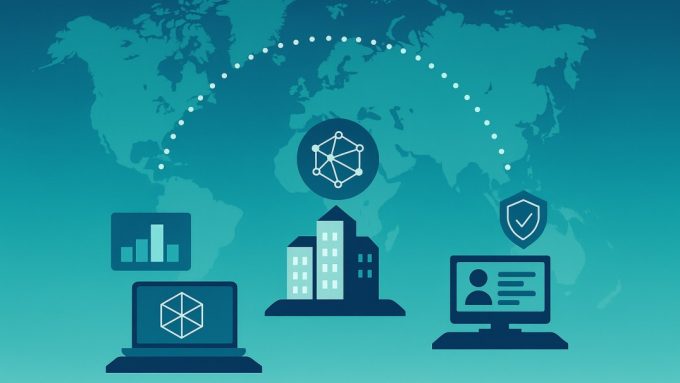New roundtable series begins with Unlocking place-based innovation through trusted data sharing
The Digital Twin (DT) Hub is excited to announce its new roundtable series straight from Westminster.
We are proud to share the insights and outcomes from our recent Data Sharing and Innovation roundtable, held at the House of Lords on 21 July 2025. This landmark gathering brought together leading voices from across government, academia, research and industry to explore the transformative role of data sharing in driving regional growth, innovation and public value.
As the UK’s innovation accelerator for transport, the built environment, cities and local growth, Connected Places Catapult works at the intersection of policy and market, helping to translate national priorities into scalable innovation. At the heart of this mission is Data & Digital capability, a multidisciplinary function building the foundations for smarter, more sustainable places. From our work at the DT Hub and through CReDo, to data sharing infrastructure and cyber-physical systems, we are creating the ecosystem needed to unlock the power of data.
The roundtable programme is a cornerstone of this effort. These strategic convenings provide a neutral, curated space for decision-makers to come together, share insight, challenge assumptions and collaboratively shape the future. The latest roundtable, hosted by Merlin Hay, The Earl of Erroll, and facilitated by the Catapult and the DT Hub, focused on Unlocking place-based innovation and growth through data sharing infrastructure.
Framing the opportunity
The working session took place just weeks after the Data Use and Access Act received Royal Assent, marking a major milestone in the UK’s data governance landscape. In this context, the session explored the practical, regulatory and cultural challenges of building a more connected, interoperable national data ecosystem.
With a strategic focus on enabling local decision-making and economic opportunity, the roundtable examined the foundations for scalable, secure data sharing: standards, skills, governance, and infrastructure. Participants also discussed use cases across sectors, especially in energy, transport and the built environment, together with the need to build trust by demonstrating real-world value.
What emerged was a strong consensus: data sharing is no longer a technical challenge alone but a national strategic imperative.
What were the findings?
The full roundtable findings are captured in the published working session report (below) and identify immediate and long-term priorities. These include:
- Establishing national leadership and governance frameworks with local relevance
- Supporting SMEs and local innovation ecosystems with access to datasets
- Investing in skills and digital infrastructure, especially at the local level
- Developing mechanisms for fair value exchange and data monetisation
- Creating flexible regulatory models that support experimentation and interoperability
Crucially, participants emphasised that data sharing is a people and culture challenge. Overcoming barriers requires shared narratives, clear value propositions, and professional standards that give confidence to decision-makers and citizens alike.
The roundtable also highlighted the energy sector as a positive example, where regulatory support has driven real momentum. In contrast, sectors like transport and local government still face significant interoperability and infrastructure gaps. Supporting these sectors with tailored frameworks and investment will be critical in realising the full potential of data for place-based outcomes.
From insight to action
The working session report offers a rich set of strategic recommendations and outlines a roadmap for future collaboration. It also sets the stage for future roundtables and deeper engagement across sectors.
For Connected Places Catapult, these insights feed directly into our work to accelerate innovation that delivers public value. By convening expert dialogue, curating evidence and insight and supporting the adoption of trusted technologies, we are helping to unlock the potential of data as a shared national asset.
Whether through our ongoing development at the DT Hub, though cross-sector programmes like DIATOMIC, or place-based projects that support local growth, we are committed to ensuring that data infrastructure and innovation work hand-in-hand to create fairer, more sustainable outcomes.
Download the report
We invite you to read the full working session report to explore the key findings, perspectives and recommendations from this important discussion.
For further information about our Data & Digital work, visit our Data & Digital page.


Leave a comment